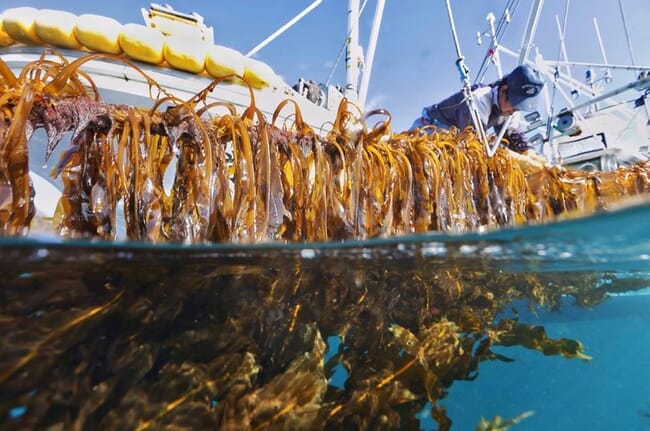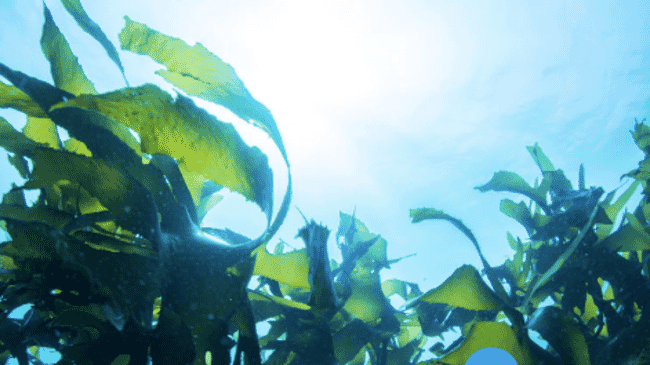
© Hiroshi Sato
A new report shows Aotearoa (New Zealand) could reap economic, environmental, social and cultural benefits – both nationally and locally – from seaweed aquaculture.
“The potential for Aotearoa as a whole and for local communities is massive. Seaweed makes up almost a third of global aquaculture production volume. Seaweed production has tripled over the last 20 years with a growth rate of 7 percent per year on average over the last decade. Global value of seaweed aquaculture in 2019 was approximately US$14 billion”, explains Project Leader Serean Adams, Aquaculture Group Manager at Cawthron Institute.
“Right now, New Zealand’s seaweed sector is in its infancy. There are pockets of product innovation happening at small scale. But the sector is constrained by regulation and supply – we have an under-developed local seaweed supply-chain”, Adams says.
“We need to identify what unique characteristics our native species have and develop these native species into high value products and services. We also need to remove barriers holding the sector back.”
To support development of this new blue economy sector in Aotearoa, the Sustainable Seas Challenge is working with industry and other stakeholders to co-develop a Seaweed Sector Framework for New Zealand.

© Oceanium
Andy Elliot, from Wakatū Incorporation, is one of the report authors: “For Aotearoa to have a thriving, sustainable seaweed aquaculture sector, we need to take a collective systems approach. This includes strong leadership and engagement to influence fit for purpose regulations, and developing high value species, bioactives and ecosystem services.
"This can be achieved through science, processing and market connection, recognition and respect for those who hold mātauranga (traditional knowledge), and valuing our resources unique to us as communities and regions through relationships, provenance and brand; and codesign and partnership from Government and aligned investors.
"This report sets out the challenge for this industry to achieve all this and become an exemplar primary sector — a seaweed sector we can all be proud of in 20 years’ time,” Elliot said.
A thriving seaweed sector will provide value to New Zealand and local jobs. Developing the sector using a "blue economy" approach would also lead to innovative products and services that improve the health of the ocean and mitigate climate change.
Dave Taylor, from Aquaculture New Zealand says: “A blue economy-based seaweed aquaculture sector will provide value to Aotearoa, generate local jobs, and help us move to a low emissions economy.
"This report provides a solid foundation for a new sector focused on high value, low volume seaweed products that will be sought after globally. This focus fits with the values of our world-leading sustainable aquaculture sector. With their support and aligned research, we are well placed to develop innovative seaweed aquaculture methods and products that improve our health and the health of our environment.”




